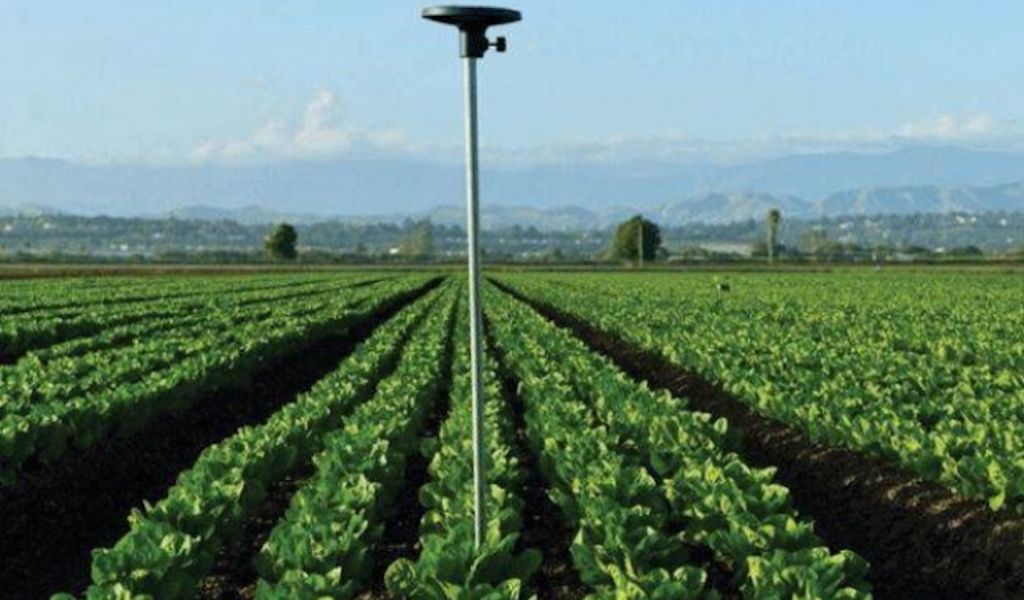Natural resources sector upgrades weather monitoring to assist farmers

A two-day training course on the topic of agro-meteorology in the field is taking place in Vientiane from December 11-12. Among those attending are Deputy Director General of the Meteorology and Hydrology Department, Ms Outhone Phetluangsy; Representative of the Food and Agriculture Organisation of the United Nations (FАО), Ms Akiko Inoguchi and 50 officials from 15 district and provincial Natural Resources and Environment offices for which automatic stations to measure weather and agro-climatic indicators are being installed.
The Strengthening Agro-climatic Monitoring and Information Systems (SAMIS) project is conducting the training in collaboration with the ‘Applying Seasonal Climate Forecasting and Innovative Insurance Solutions to Climate Risk Management in the Agriculture Sector in SE Asia’ project, otherwise known as De-RISK SE Asia. The project, implemented by the World Meteorological Organisation (WMO) together with International Centre for Tropical Agriculture (CIAT) and University of Southern Queensland (USQ) is financed by the International Climate Initiative of the German Federal Ministry for the Environment, Nature Conservation and Nuclear Safety with a key contribution to the training given by Lao National Radio.
Local-level technical personnel are learning about agrometeorology and pest and diseases as well as how to use and manage the weather stations for the Laos Climate Service for Agriculture (LaCSA) system. Also, CIAT will conduct training on how to collect additional agronomical data used in the modelling. The LaCSA system is an outstanding achievement of the Department of Meteorology and Hydrology, and the SAMIS project is providing seasonal rainfall and temperature forecast as well as crop calendars to farmers on near-real-time (with monthly and weekly bulletins), assisting their decision making on crop selection. This will ensure more stable and sustainable production, higher productivity, improve food security, and reduce the risk of diseases and pests in Laos. The 15 stations that automatic measure weather and agro-meteorology indicators are being installed with the support of the SAMIS project and implemented with FАО and financed by the Global Environment Financing (GEF).
Information source: Vientiane Times.
